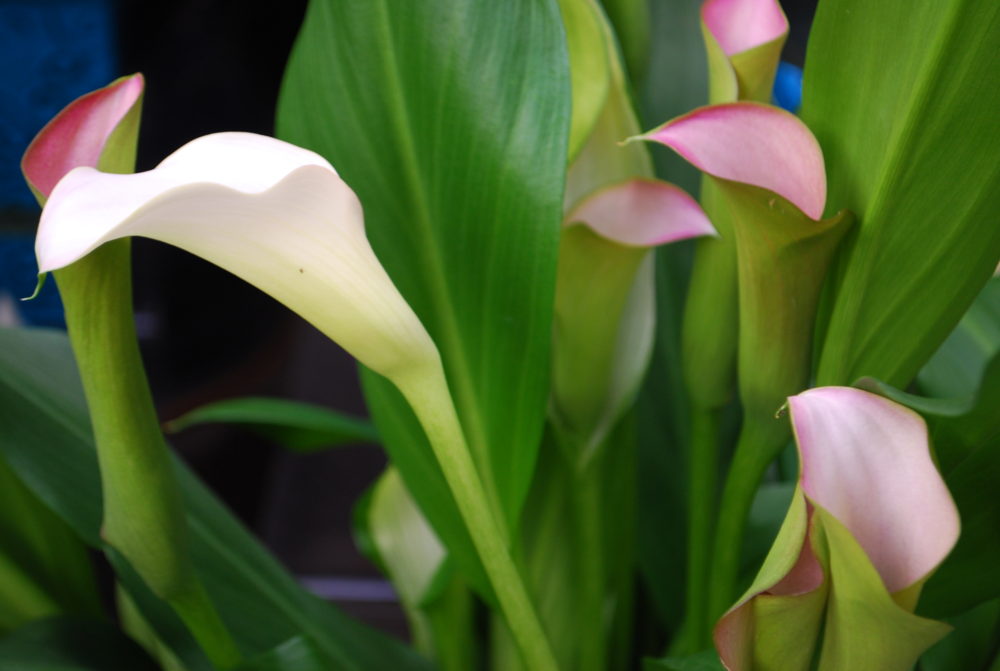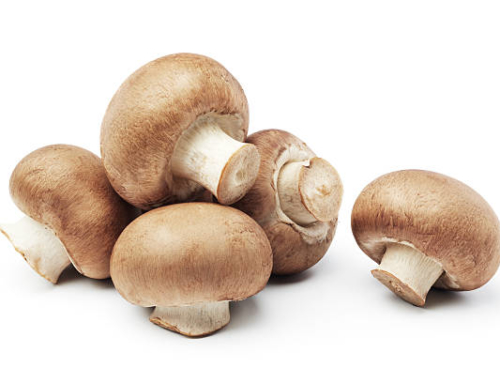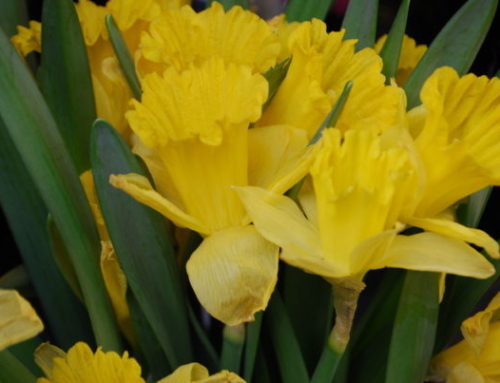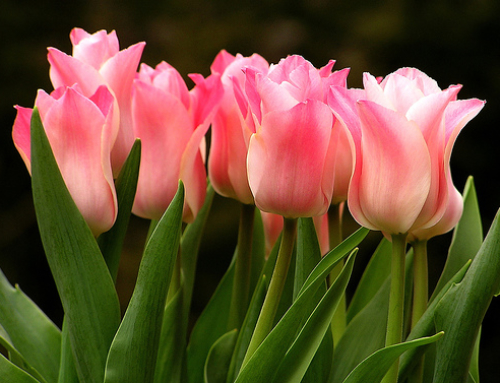If you have any reason to suspect your pet has ingested something toxic, please contact your veterinarian or one of the other resources listed:
• ASPCA Animal Poison Control Center 24-hour hotline at (888) 426-4435
• Pet Poison Helpline® 24-hour animal poison control service at (855) 764-7661
Lilies

Common Names: Lily, Day Lily, Asiatic Lily
Scientific Names: Hemerocallis species, Lilium species
Many species of plants have the common name Lily and not all are toxic. Hemerocallis and Lilium genera are often planted in the landscape or used in floral arrangements. The entire plant is toxic and can cause nephrotoxicity if ingested. Cats are extremely sensitive to the toxic effects of lilies. Avoid using lilies in floral arrangements with inquisitive cats.
Signs and symptoms of toxicity: salivation, vomiting, refusal to eat and depression
Toxic consumption: The minimum threshold for toxicity is not known and if exposure is suspected then seek treatment as soon as possible. As little as 2 leaves or consumption of flower parts has resulted in death.
References:
– Fitzgerald KT. Lily toxicity in cats. Top Companion Anim Med. 2010; 25(4):213-7
Pet Poison Control is provided free as a public service by the American College of Veterinary Pharmacists. Today we’re asking you to support us with a small donation. If you would like to dedicate your gift in honor or memory of a pet or individual, you will have that option before checkout. Your gift of any amount helps us maintain this resource and make it available to the pharmacy and veterinary communities. Thank you!





